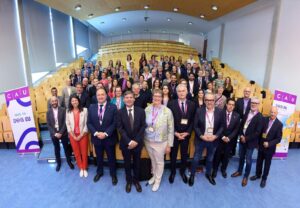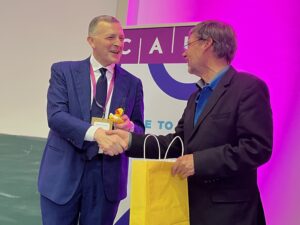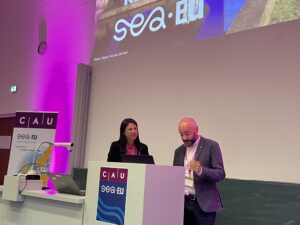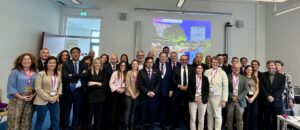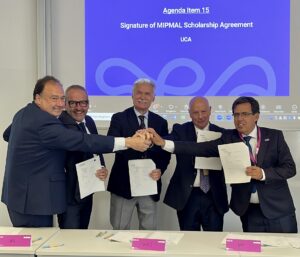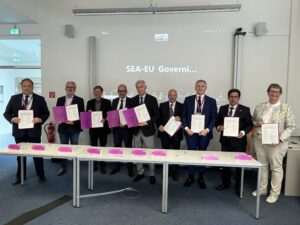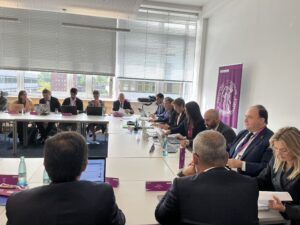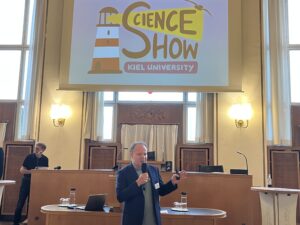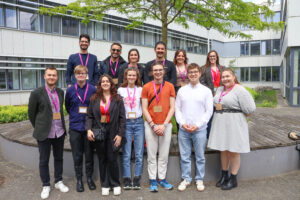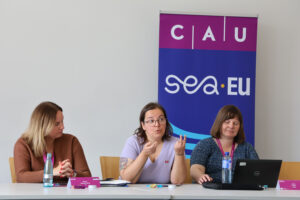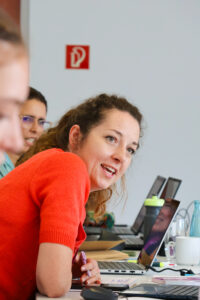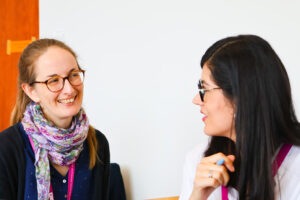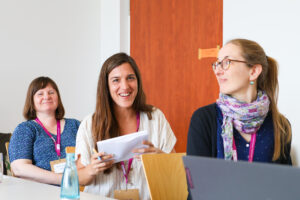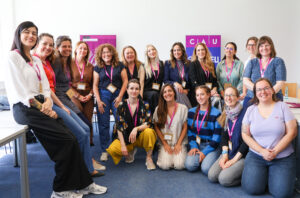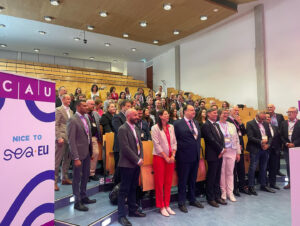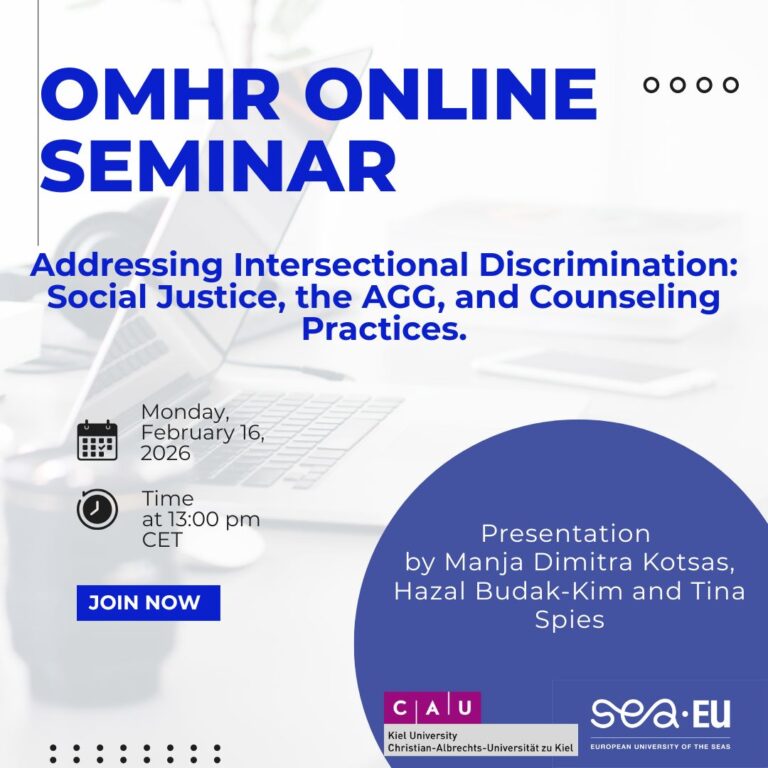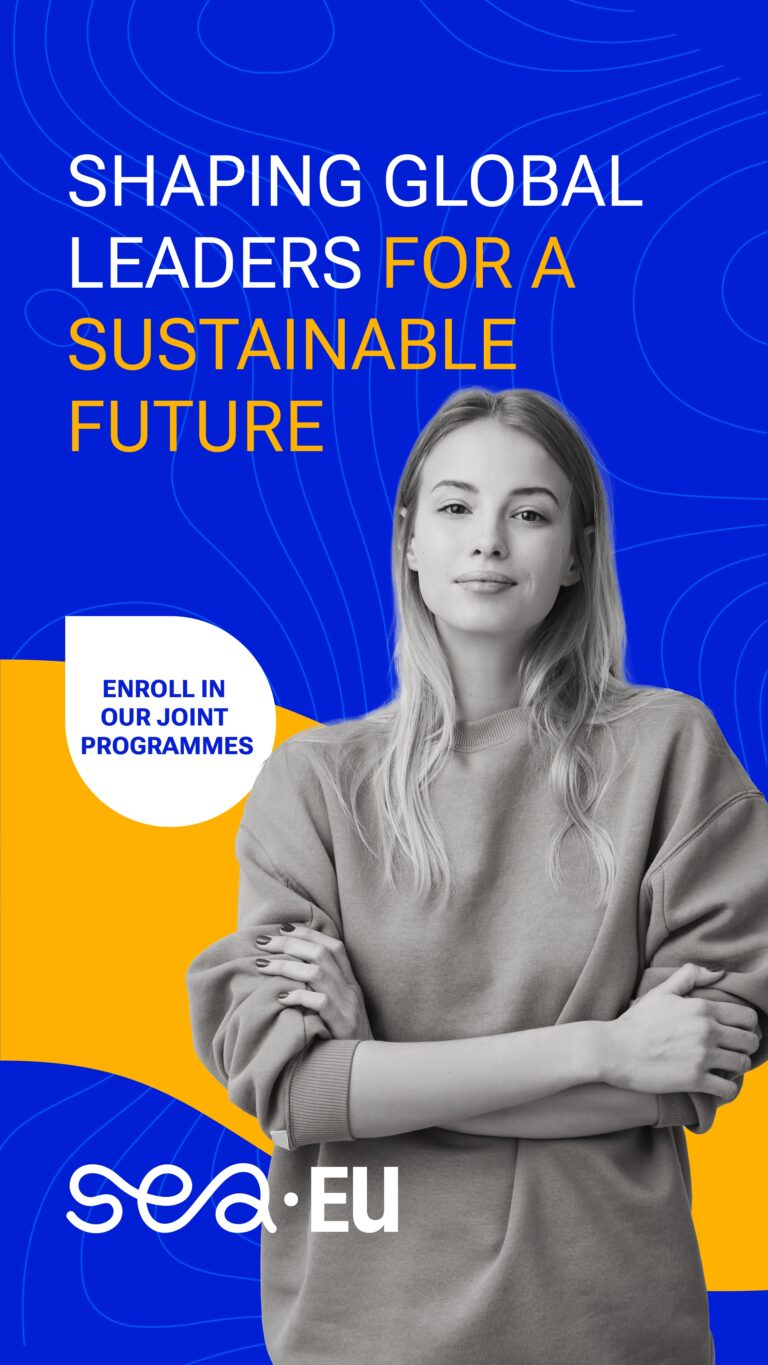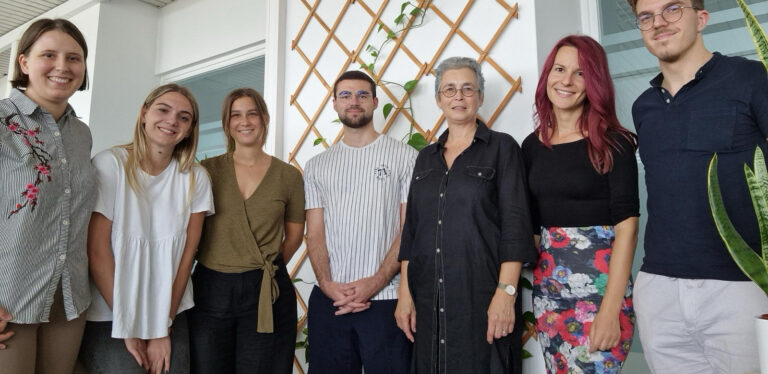From Tuesday 3rd to Thursday 5th of June, representatives of the nine SEA-EU partner universities gathered in Kiel, Germany, for an intensive Governance Week that marked a new chapter in the alliance’s strategic development. Hosted by Kiel University (CAU), the meetings brought together rectors, vice-rectors, researchers, communication experts, students, city and port representatives, and stakeholders for a comprehensive programme of working groups and high-level decision-making sessions.
One of the most symbolic outcomes of the week was the signing of a Memorandum of Understanding by the Rectors’ Council, committing to the creation of a legal entity for SEA-EU. This decision ensures the continuity of the alliance beyond the current European Commission funding. In addition, cooperation agreements were signed for the STORM Joint Programme and the scholarship schemes linked to the SeaBluE and MIPMAL joint degrees.
The week also marked the launch of the SEA-EU 3.0 planning process. The alliance agreed on core priorities such as expanding mobility (including virtual formats), growing the offer of microcredentials, involving more faculties and academic staff, and reinforcing SEA-EU shared identity.
Across different sessions, a wide range of operational and strategic topics were addressed. The alliance advanced the development of its Joint Research Office, debated staffing and funding options, and explored the potential of the RESEARCH CONNECT platform to improve research collaboration. A new model for mobility recognition – the Mobility Credit Transfer System (MCTS) – was also presented, with formulas for students and staff, and a strong emphasis on the need for practical, user-friendly tools. In the field of education, members agreed to define a SEA-EU Joint Degrees Standard and reaffirmed their presence at the European Quality Assurance Forum (EQAF) in Budapest this November.
Feedback from the various councils enriched the discussion. The Advisory Board stressed the need for deeper involvement in alliance activities. The Cities Council identified shared challenges in sustainable development, digitalisation, and talent attraction, and expressed the need for greater visibility. Stakeholder representatives underlined the importance of mutual awareness between the alliance and its partners. Meanwhile, the Students’ Council advocated for supporting events where students can represent SEA-EU.
Cultural highlights added a special touch to the Governance Week. On Wednesday evening, participants were welcomed at the Kiel City Hall during a formal reception that featured an experimental music performance. The closing reception took place on Thursday at the Zoological Museum of Kiel, where attendees enjoyed a lecture on the 250-year history of one of Germany’s oldest natural history museums, followed by a guided tour through its unique collection.
A major highlight of the week was the positive evaluation of the alliance’s progress during the Interim Review Meeting with the European Commission. The success was acknowledged as a collective achievement, reinforcing the alliance’s direction as it approaches SEA-EU 3.0.
The Governance Week concluded with a symbolic handover ceremony during the closing session. The presidency of the Rectors’ Council will now pass to the Rector of the University of Naples Parthenope, who will host the next Governance Week in November 2025.
